The low-carb diet has become popular as it’s said to help promote weight loss and better regulation of your blood sugar levels [1, 2].
But before you hop onto this dietary trend, it’s best to understand that the quality of carbs you consume matters just as much as the quantity of carbs in your diet. So while you might be cutting back on carbs, it’s also worth reviewing your grocery lists to see that the carbs you are eating aren’t from highly-processed or refined sources.
Including low-carb foods in your diet is a great way to reduce your consumption of unhealthy carbs since they’re naturally healthier and less likely to spike your blood sugar.
Incorporating these foods into your diet can also help you stay on track with your health and dietary goals and stick within the daily carbohydrate limit you’ve set for yourself.
In this list, we’ll look at some healthy, versatile, and delicious low-carb foods to add to your diet!
Best Low-Carb, High-Protein Foods
Most types of meats and eggs are considered carbohydrate-free and have zero carbs. But some of these protein sources are more nutritious and healthier than others.
Here’s a list of the healthiest options to consider adding to your low-carb meals!
Eggs
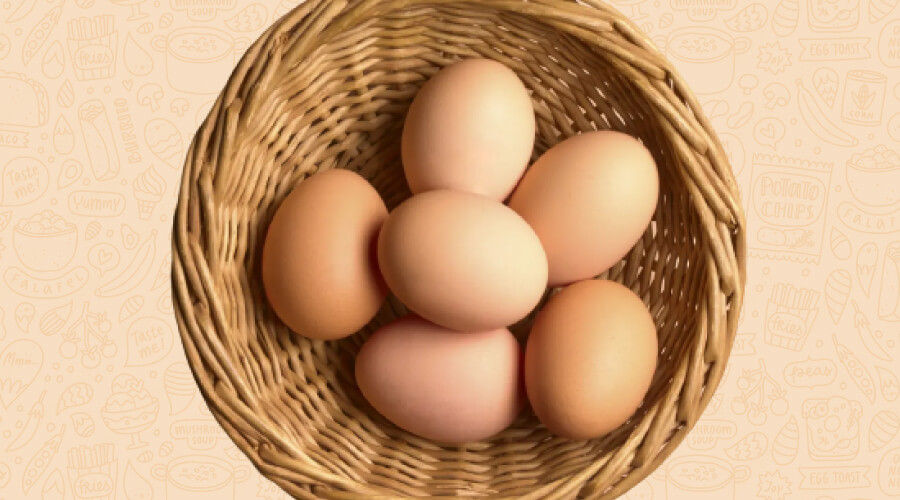
- ~0.6 grams of carbs in one large 50g egg
Apart from being high in proteins, eggs are also a nutrient powerhouse that delivers essential minerals such as phosphorus, selenium, B vitamins, and vitamin A.
Phosphorus works with calcium and vitamin D to promote healthier bones and teeth, while selenium acts as an antioxidant and helps regulate thyroid hormones [3, 4].
Lean Beef
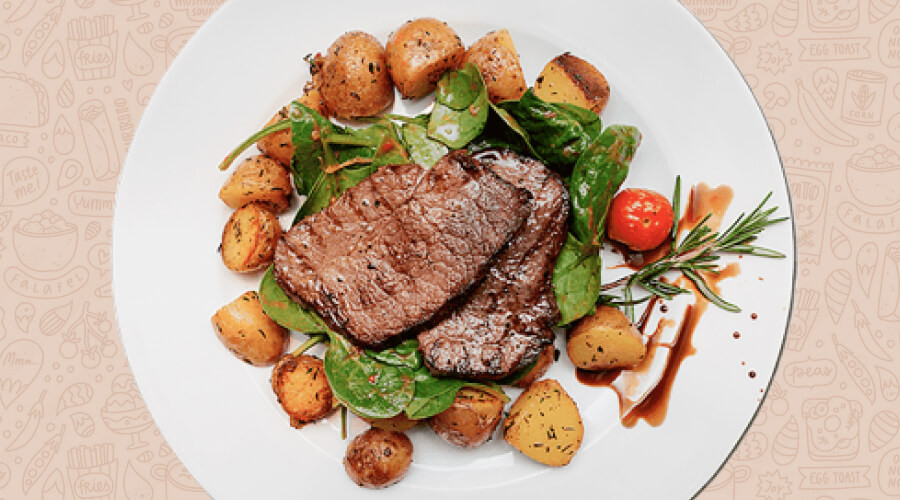
- 0 grams of carbs
Red meat isn’t necessarily something to cut out of your diet if you want to eat healthily or lose weight.
In fact, some research suggests that lean red meat, when trimmed of any visible fat and consumed in a diet low in saturated (unhealthy) fats, does not increase the risk of heart disease [5].
Lean beef is also a good source of protein, selenium, iron, and B vitamins.
Chicken
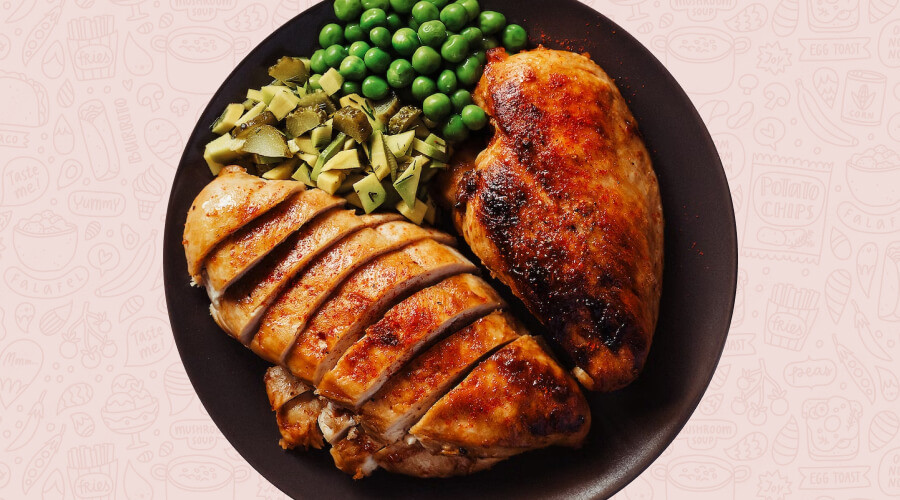
- 0 grams of carbs
This high-protein versatile kitchen ingredient also serves as a great source of selenium, phosphorus, and B vitamins.
It’s affordable and easy to incorporate into any balanced diet, plus its high protein content can help with building muscle and facilitating weight loss through improved satiety and appetite control.
Turkey
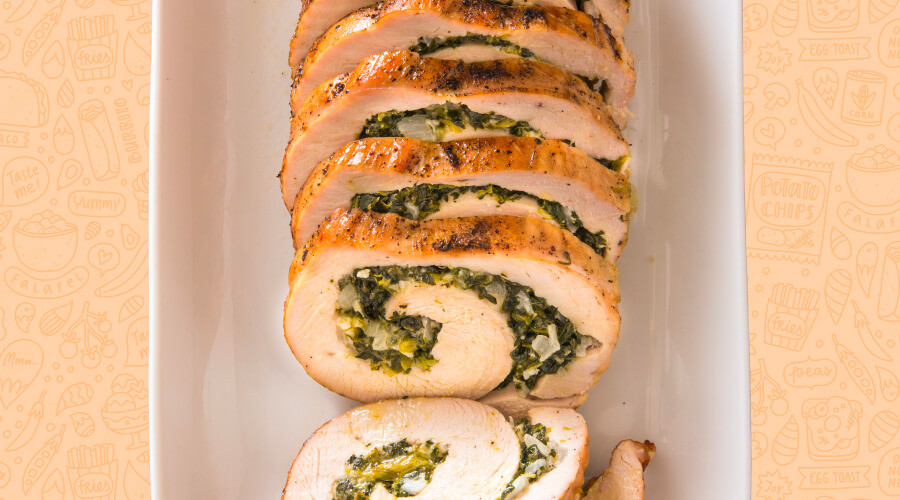
- 0 grams of carbs
Turkey is another healthy and high-protein ingredient to include in your meal prep.
It’s loaded with B vitamins and serves as a rich source of minerals like selenium, zinc, and phosphorus.
Salmon
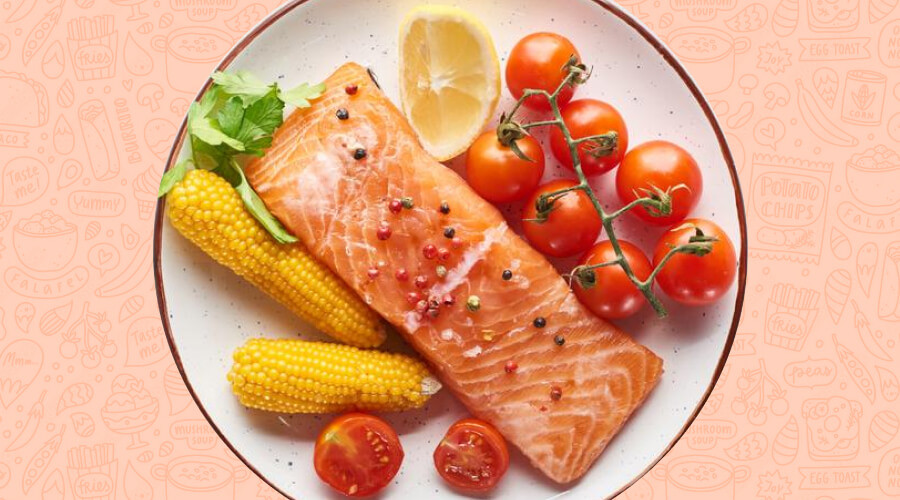
- 0 grams of carbs
Due to its high content of heart-healthy unsaturated fats and protein, salmon is a great addition to any ketogenic diet.
There can be some variations in the macronutrient profile depending on where the salmon is sourced from. For instance, wild-caught salmon is likely to contain less fat and more protein, while farm-raised salmon often contains more fat and less protein.
Both varieties are densely packed with all the amino acids your body needs. Salmon is also rich in vitamin D, magnesium, phosphorus, zinc, and selenium.
It’s also worth noting that almost all types of fish and seafood contain next to no carbs, including shrimp, crab, sardine, and tuna.
Low-Carb Vegetables
The best veggies to include in a low-carb diet are non-starchy vegetables and leafy greens.
Some higher-carb vegetables to avoid or limit include potatoes, sweet potatoes, yam, legumes, or beans. This is especially so if you’re on a tighter dietary regimen like the keto diet.
Here are some of the best low-carb veggies to stock up on!
Broccoli
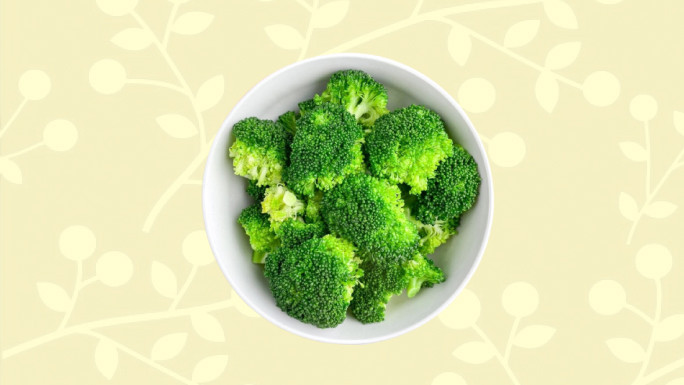
- ~7 grams of carbs per 100 grams (~3.3 grams of net carbs)
This cruciferous vegetable is rich in antioxidants, minerals, and vitamins and possesses numerous science-backed benefits, such as improving risk factors for certain cancers and lowering cholesterol levels. Broccoli is also rich in fibre, vitamin C, vitamin K, and folate.
One of the spotlight nutrients found in broccoli is called sulforaphane, a compound thought to have anticancer, antidiabetes, and anti-inflammatory benefits.
Asparagus

- ~4 grams of carbs per 100 grams (~2 grams of net carbs)
Asparagus serves as a fantastic source of vitamin K, vitamin A, B vitamins, and zinc. And since it is extremely low in carbs, it has little impact on blood sugar levels.
If you’re looking to include asparagus into your meal plan, it’s best to prep them right before eating, or you could store them in cold water in the refrigerator for up to 24 hours.
Alternatively, you can cook them beforehand and store them in the refrigerator for 3-4 days. But do err on the side of leaving them slightly uncooked, as they will cook further when heated up.
Leafy Greens
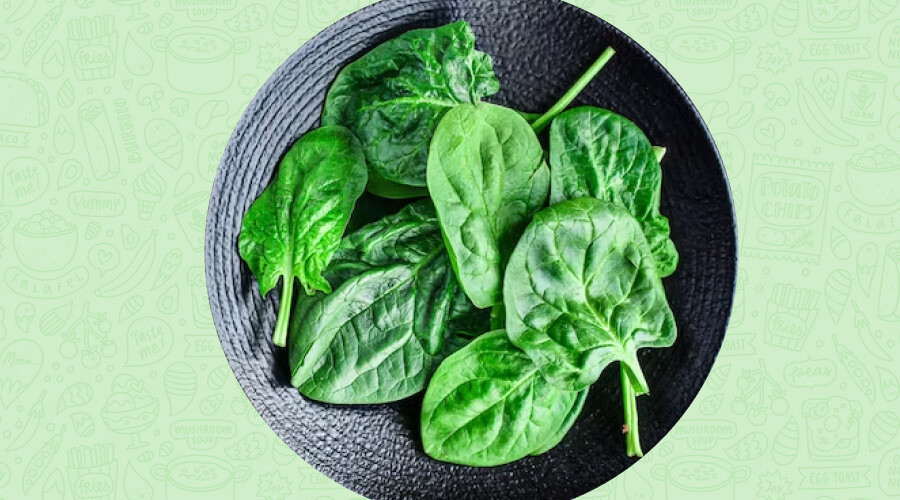
- ~2-4 grams of carbs per 100 grams
Spinach contains around 3.6 grams of carbs per 100 grams, while kale contains about 2 grams of carbs per 100 grams. These two low-carb leafy greens are also rich in minerals, vitamins, and antioxidants.
In general, leafy greens are a fantastic health food. But if you’re on blood thinning medications, you should approach any dietary changes with caution. In that case, it’s best not to drastically change your intake of these leafy veggies, as they contain large quantities of vitamin K that may interact with your medications.
Zucchini

- ~3 grams of carbs per 100 grams (~1.5 grams of net carbs)
Each serving of zucchini comes loaded with nutrients such as vitamin C and vitamin B6. According to scientists, vitamin B6 could promote heart health, improve brain function, and boost mood [6].
Zucchini can be washed, chopped, or shredded 2 to 3 days in advance, making it a convenient ingredient to include in your meal preps.
Brussels Sprouts
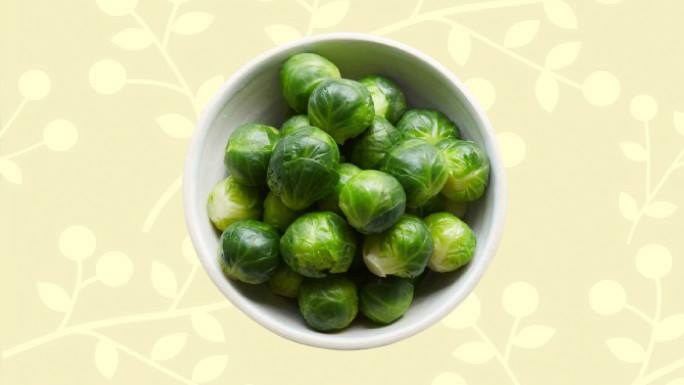
- ~9 grams of carbs per 100 grams (4.5 grams of net carbs)
Brussels sprouts are a little higher on our list in terms of carb content, but they’re still much lower in carbs than other starchy veggies like sweet potatoes and lentils, which pack about 20 grams of carbs per 100 grams.
These cruciferous vegetables are high in fibre, vitamin K, and vitamin C. Brussels sprouts are also an excellent source of minerals such as potassium, iron, magnesium, and phosphorus.
Bell Peppers
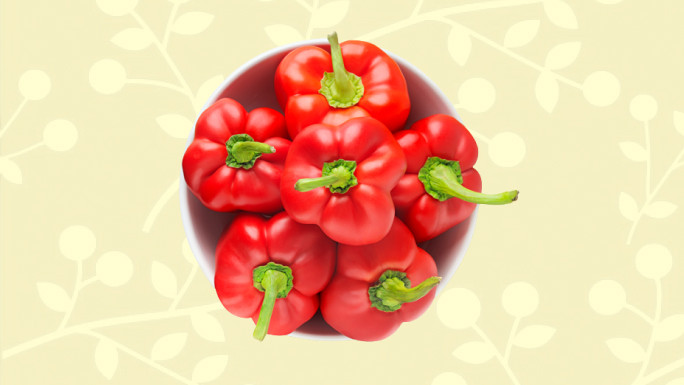
- ~6 grams of carbs per 100 grams (~4.2 grams of net carbs)
This might come as a surprise, but bell peppers are technically fruits. But given how they’re typically used in the kitchen, we’ve decided to keep them in this section.
Since they’re mainly composed of water, these fruits are low in carbs and calories and make the perfect addition to any weight-loss-promoting diet. They’re also loaded with various nutrients and minerals, including vitamin B6, vitamin C, potassium, and folate.
Low-Carb Fruits
Despite the health halo most fruits seem to have, some are pretty high-carb and packed with sugar. Take, for example, mango, which contains about 15 grams of carbs per 100 grams, and bananas, which pack around 23 grams of carbs per 100 grams!
Fortunately, there are some lower-carb options that are less likely to throw you off track with your carb intake limit and fitness goals.
Raspberries

- ~12 grams of carbs per 100 grams (~5.4 grams of net carbs)
Raspberries are both high in fibre and low in carbs and are unlikely to spike your blood sugar levels. They also have impressive antioxidant properties, which may help to reduce your risk of chronic diseases. Some nutrients that raspberries provide include vitamin C, vitamin E, B vitamins, manganese, and iron.
Manganese is a trace mineral that may help promote better bone health, reduce inflammation, and support blood sugar regulation [7].
Apricot
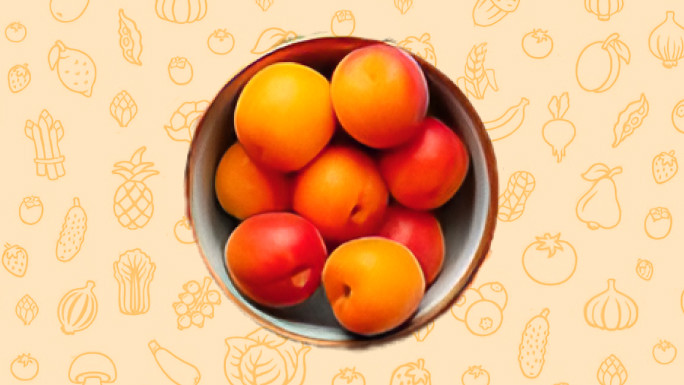
- ~11 grams of carbs per 100 grams (~9 grams of net carbs)
Apricots are considered to have a low glycemic index score, meaning they should have less of an effect on your blood glucose levels. They’re also rich in potassium and phosphorus and deliver decent amounts of vitamin C, calcium, and iron.
Keep in mind that it’s best to review the nutritional labels of dried apricots. Some brands might include added sugars in their apricots, which makes them higher in carbs.
Watermelon

- ~8 grams of carbs per 100 grams (~7 grams of net carbs)
Apart from being incredibly refreshing, watermelons are also packed with vitamin C and contain very few calories, proteins, or fats.
It is also one of the best natural sources of lycopene. This powerful antioxidant compound is linked to various health benefits, such as sun protection, improved heart health, and reduced inflammation [8].
Strawberries

- ~7.6 grams of carbs per 100 grams (~6 grams of net carbs)
Strawberries make a fantastic source of vitamin C and manganese. Their carb content is also impressively low, and they’re likely to have minimal impact on your blood glucose levels.
Not only are strawberries a decent source of fibre, but they also deliver an exceptional amount of antioxidants and healthy plant compounds. These health-boosting compounds are scientifically backed to help support heart health by improving blood pressure, blood sugar levels, cholesterol levels, and inflammation [9].
Other berries, such as blackberries and blueberries, contain more carbs than strawberries—around 10 and 14 grams of carbs, respectively. But they’re still decent options since they’re also packed with vitamins, minerals, and antioxidants.
Avocado

- ~9 grams of carbs per 100 grams (~1.8 grams of net carbs)
Avocados are a rich source of many essential nutrients, including fibre, vitamin C, B vitamins, vitamin E, magnesium, and potassium. They’re also loaded with healthy fats, including omega-3 fatty acids, making them a perfect addition to high-fat, low-carb diets like the keto diet.
On top of that, these fruits serve as an excellent source of bioactive compounds, which possess antioxidants and anti-inflammatory properties. Research studies have even suggested that consuming avocados regularly can help a person maintain a healthy weight and lower their chances of becoming overweight [10].
Other Low-Carb Food
The following are some other low-carb options to include in your diet.
Parmesan Cheese
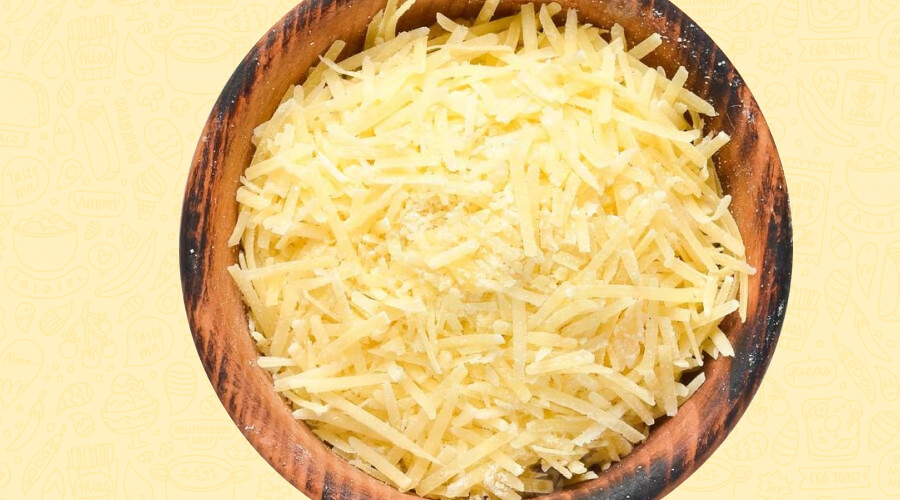
- ~4 grams of carbs per 100 grams
This Italian cheese with a strong and nutty flavour can be highly-nutritious, even when consumed in small amounts. It’s also rich in proteins and fats, making it a fantastic ingredient for a keto diet.
This dairy product is lactose-free and delivers nutrients that play key roles in maintaining bone health, including calcium and phosphorus.
Cheddar cheese, goat cheese, and blue cheese are other types of cheese that are suitable for a low-carb or keto diet.
What you’d want to avoid during your grocery trips is highly-processed cheese, such as spray-can cheese. These varieties usually contain a ton of preservatives, stabilizers, colours, fillers, and oil that you usually wouldn’t find in naturally-produced cheese.
Greek Yoghurt
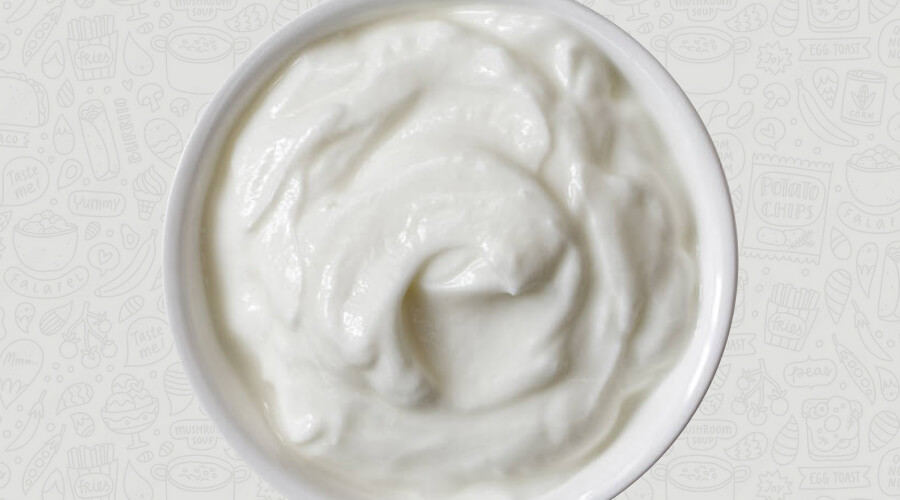
- ~3.6 grams of carbs per 100 grams
If you’re struggling to meet your daily protein intake goals and are looking for something low in carbs, Greek yoghurt is a fantastic ingredient to start incorporating into your meals.
Plus, it’s a highly-versatile kitchen ingredient commonly eaten as a dip or added to a sandwich or toast. Greek yoghurt can also be included in homecooked dishes and baked goods, including muffins, soup, pasta, curries, and salads. It also makes for a great low-carb snack.
There are plenty of reported health benefits of Greek yoghurt. Firstly, studies have found that supplementing resistance training with Greek yoghurt could help to enhance strength, muscle thickness, and body composition [11]. Greek yoghurt is also believed to help support better gut and bone health.
There are different variations of Greek yoghurt available, such as full-fat, low-fat, non-fat, and flavoured versions.
Olive Oil & Other Plant-Based Oils

- 0 grams of carbs
All plant-based oils naturally contain 0 grams of carbs, so they’re totally fine to have in your low-carb diet. The best oils for cooking on a low-carb diet include olive oil, avocado oil, and coconut oil.
While butter technically isn’t an oil, it’s also a great choice and can be used similarly to other cooking oils, but it generally shouldn’t be used for high-heat cooking due to its quick browning.
Chia seeds
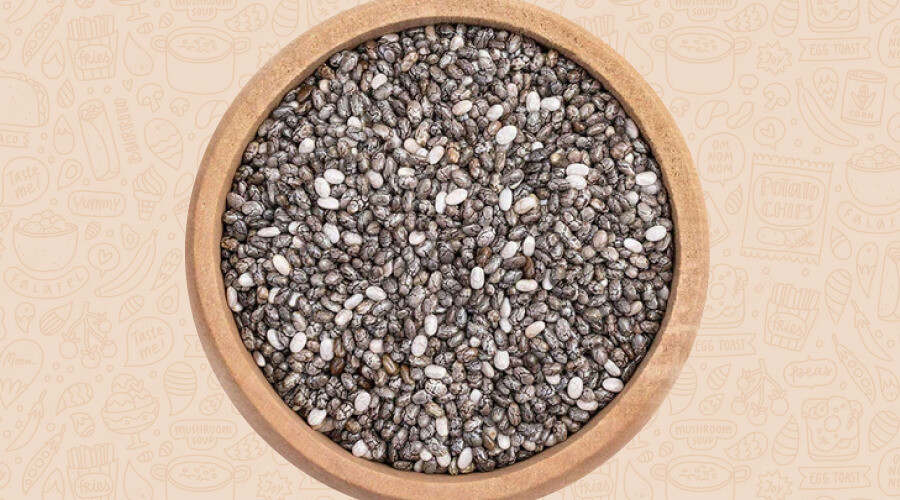
- 7 grams of carbs per tablespoon (~1 gram net carbs), 42 grams of carbs per 100 grams
At first glance, chia seeds don’t seem to fit the bill simply because they have a high overall amount of carbs. However, most of these carbs are actually attributed to fibre, and chia seeds are, in fact, low in net carbs.
On top of that, these seeds are loaded with protein and other nutrients, such as omega-3 fatty acids, antioxidants, calcium, magnesium, and phosphorus.
Thus, adding them to your diet may lead to various health benefits. Some research has shown that chia seeds may help reduce the risk of heart disease and support weight loss by improving satiety and regulating appetite [12, 13].
Flaxseeds, sunflower seeds, and sesame seeds are other keto-friendly seeds you can add to your shopping list.
Macadamia Nuts
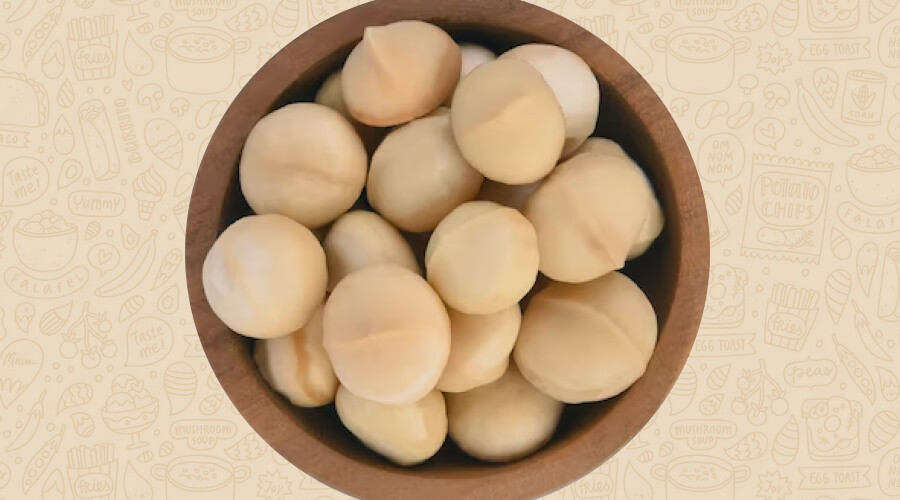
- ~14 grams of carbs per 100 grams (7 grams of net carbs)
While macadamia nuts are high in total carbs, they are still suitable for a low-carb or keto diet due to their low net carb content. Macadamia nuts are also highly nutritious and are an excellent source of healthy fats, antioxidants, B vitamins, magnesium, and iron.
If you want to cut back on your carbohydrate intake, some other low-carb nuts to snack on include pecan, walnut, and hazelnut.
A Low-Carb Diet Doesn’t Have to Be Restrictive or Boring
Drastic changes are often not sustainable or preferable for many people. What might help is gradually swapping out high-carb foods for lower-carb options. For example, you may start by replacing starchy vegetables like beetroot, corn, and beans with lower-carb veggies such as broccoli, asparagus, and leafy greens.
There are many different low-carb food options you can incorporate into your diet, so don’t worry too much about having repetitive or boring meals. Plus, there are tons of easy low-carb recipes online to guide you along your journey.
Feel free to check out our low-carb snack list for other ideas and our beginner’s guide to a low-carb diet to get started!
